
President CGD. Development economist. Passionate about impact, evidence and innovation.🔸10% pledge. Tweets= personal views.
How to get URL link on X (Twitter) App


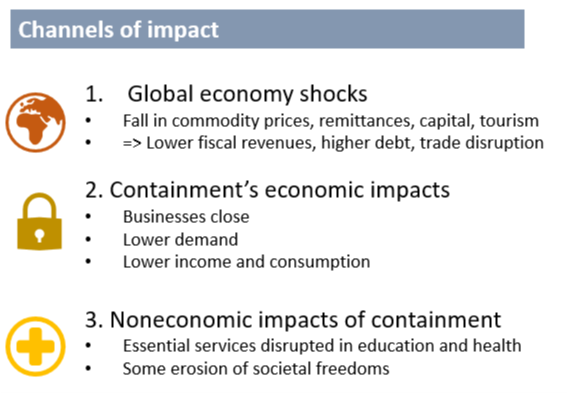
 Global demand and trade have fallen substantially. The IMF forecasts a contraction of 4.9% in GDP while WTO projects a fall in world trade of between 13 and 32% in 2020. Commodity producing emerging markets are forecast to do particularly badly.
Global demand and trade have fallen substantially. The IMF forecasts a contraction of 4.9% in GDP while WTO projects a fall in world trade of between 13 and 32% in 2020. Commodity producing emerging markets are forecast to do particularly badly. 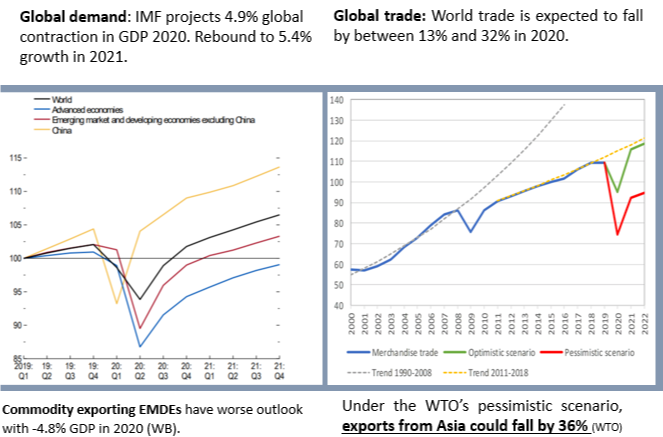

 Economists, they point out, are widely distrusted, partly because we have got a lot wrong. For example, we have focused too much on income vs dignity. Our work is trial and error.
Economists, they point out, are widely distrusted, partly because we have got a lot wrong. For example, we have focused too much on income vs dignity. Our work is trial and error. 
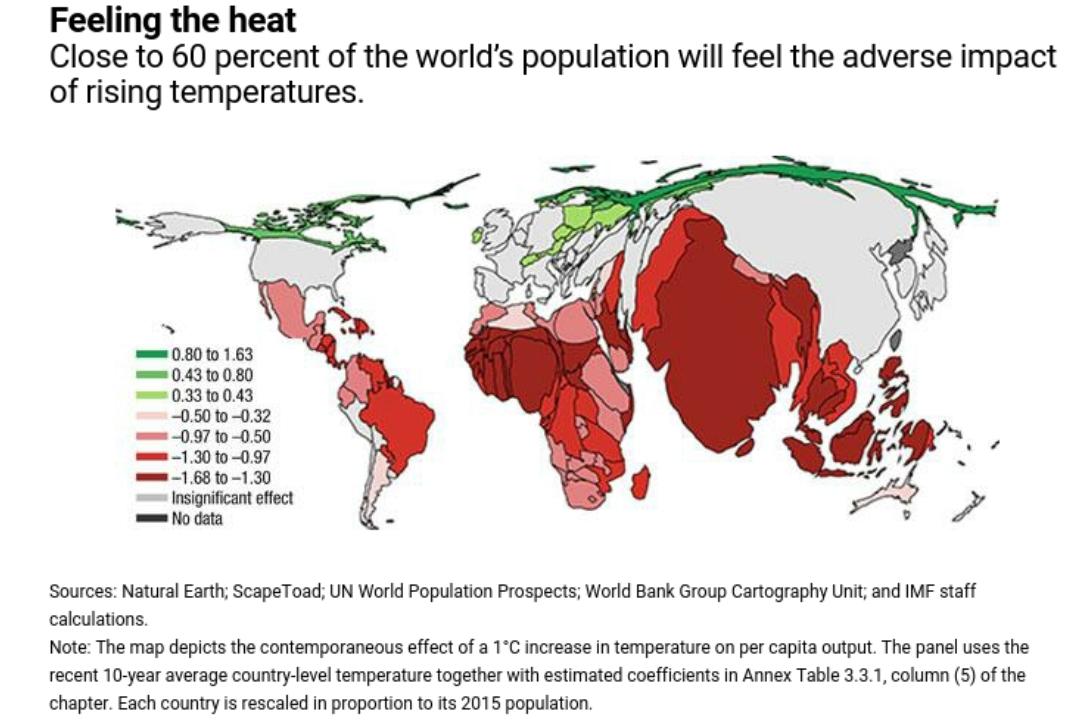
 In particular, what investments are good at addressing climate change AND reducing poverty? Here are some e.g.s with strong evidence. What are your favorites? (2/n)
In particular, what investments are good at addressing climate change AND reducing poverty? Here are some e.g.s with strong evidence. What are your favorites? (2/n)

 2. Diarrhea is 2nd largest killer of children <5. High population density and flooding make Bangladesh highly vulnerable. In 1970-90s, 8.6 million wells were dug in Bangladesh and 94% rural population moved to clean water sources. Massive achievement until arsenic was discovered.
2. Diarrhea is 2nd largest killer of children <5. High population density and flooding make Bangladesh highly vulnerable. In 1970-90s, 8.6 million wells were dug in Bangladesh and 94% rural population moved to clean water sources. Massive achievement until arsenic was discovered.
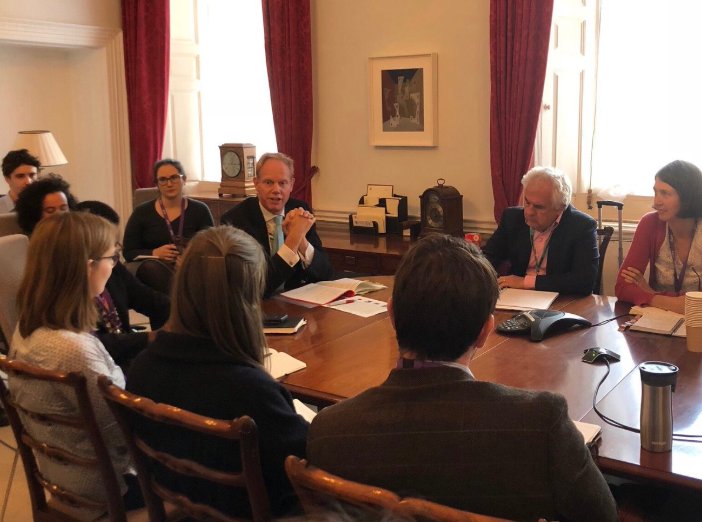

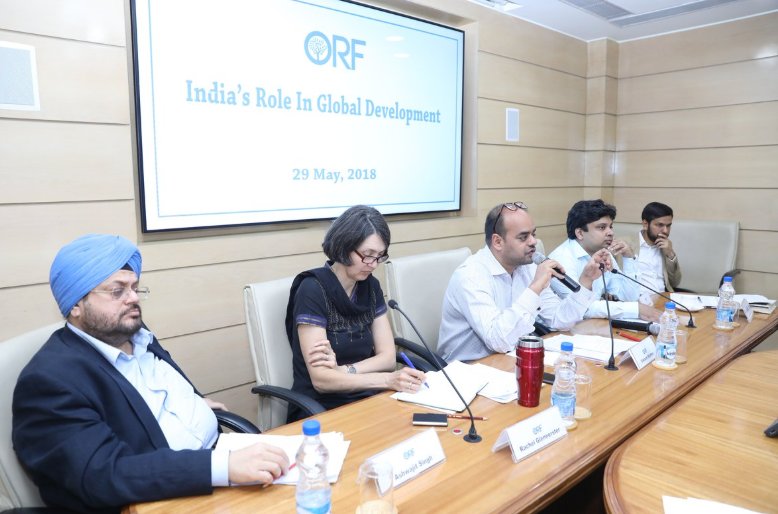
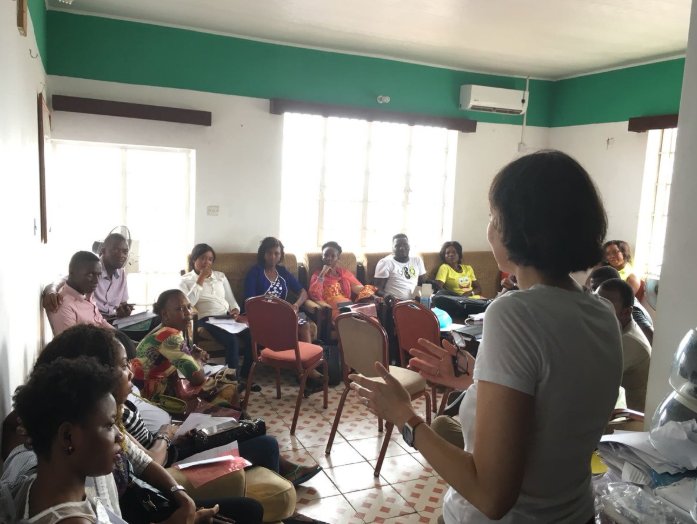
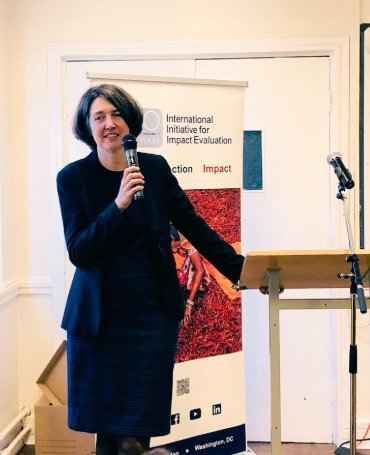 1. Helping countries spend their own money more effectively can be a great use of aid. Most spending on poverty relief is by LICs and MICs themselves but much is inefficiently spent. Aid can help pay for evidence generation, help tailor evidence to local needs and provide advice.
1. Helping countries spend their own money more effectively can be a great use of aid. Most spending on poverty relief is by LICs and MICs themselves but much is inefficiently spent. Aid can help pay for evidence generation, help tailor evidence to local needs and provide advice. 

 Agricultural yield increased dramatically due to doubling of irrigation, more mechanization. Led to big shift in labour to non farm activity although this is very different by caste. Also very big changes in the types of labour contracts.
Agricultural yield increased dramatically due to doubling of irrigation, more mechanization. Led to big shift in labour to non farm activity although this is very different by caste. Also very big changes in the types of labour contracts. 